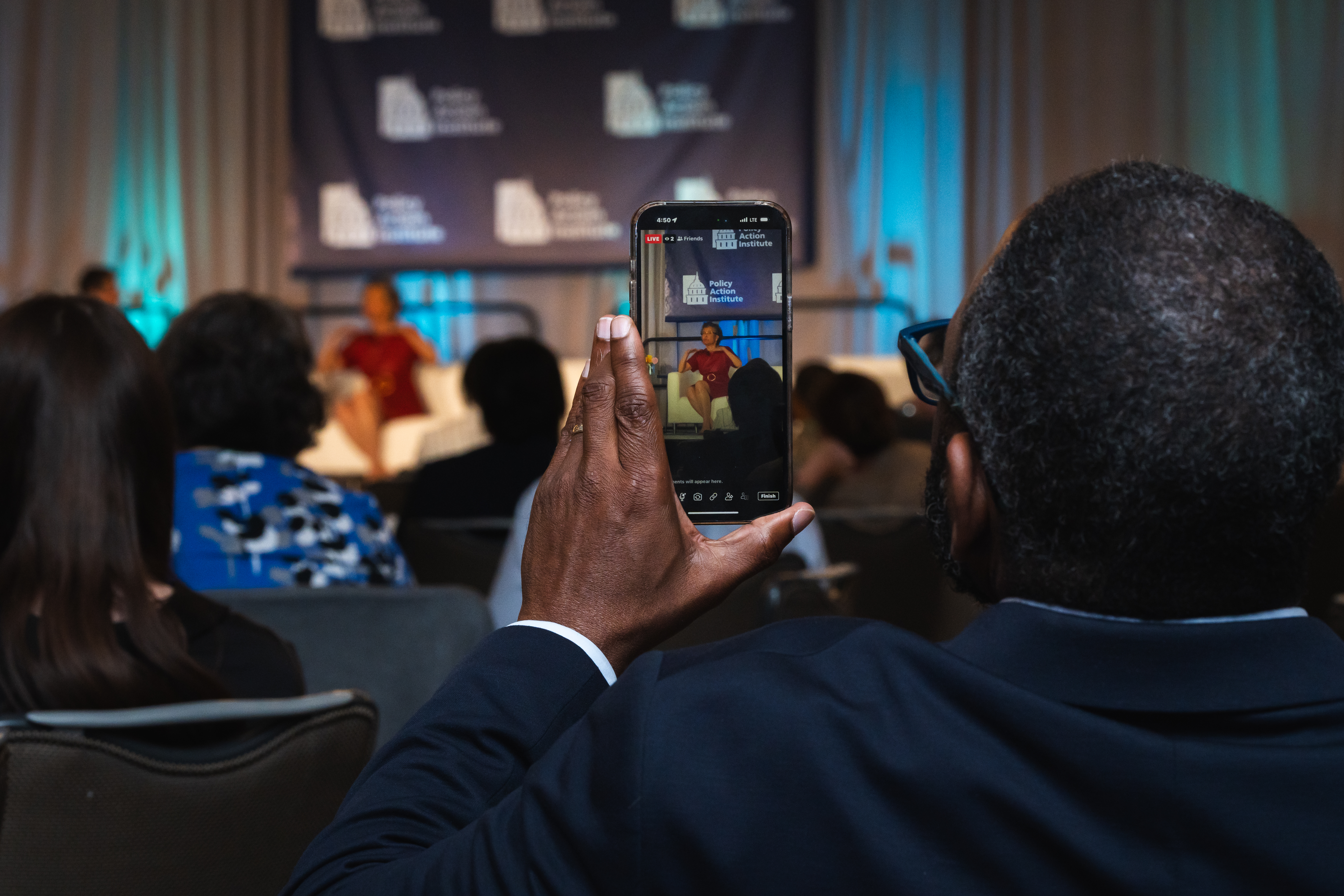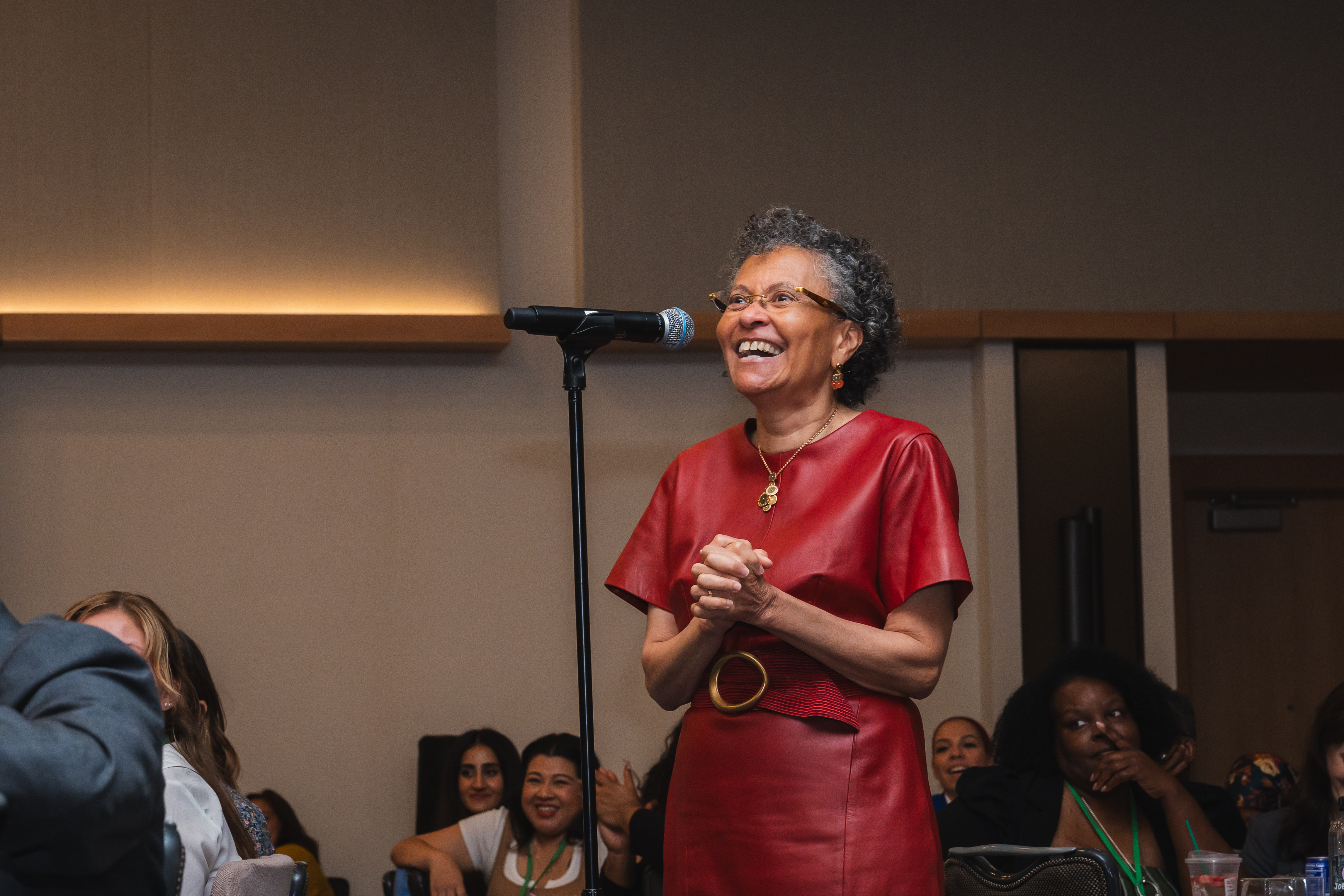The 2026 Policy Action Institute will take place June 9-10 at the Hilton Arlington National Landing and digitally, with an optional Hill Day on June 11. Registration and housing will open in the spring, so check back for more information!
Read what attendees at the 2025 event had to say about their experience.
Questions about the Policy Action Institute? Email [email protected]
Interested in becoming a sponsor or exhibitor at a future Policy Action Institute? Contact Edward Shipley, 202-777-2429.
PAST POLICY ACTION INSTITUTES
2024: Overview | Agenda | Speakers
2023: Overview | Agenda | Speakers
2022: Overview | Agenda | Speakers
Read Public Health Under Siege: Improving Policy in Turbulent Times, a book sparked by the 2019 event that explores the impact of policy on our nation's health and offers specific actions to improve health and extend life expectancy.
Keep It Moving Challenge
Scan the QR code to get Keep It Moving challenge bonus points!












